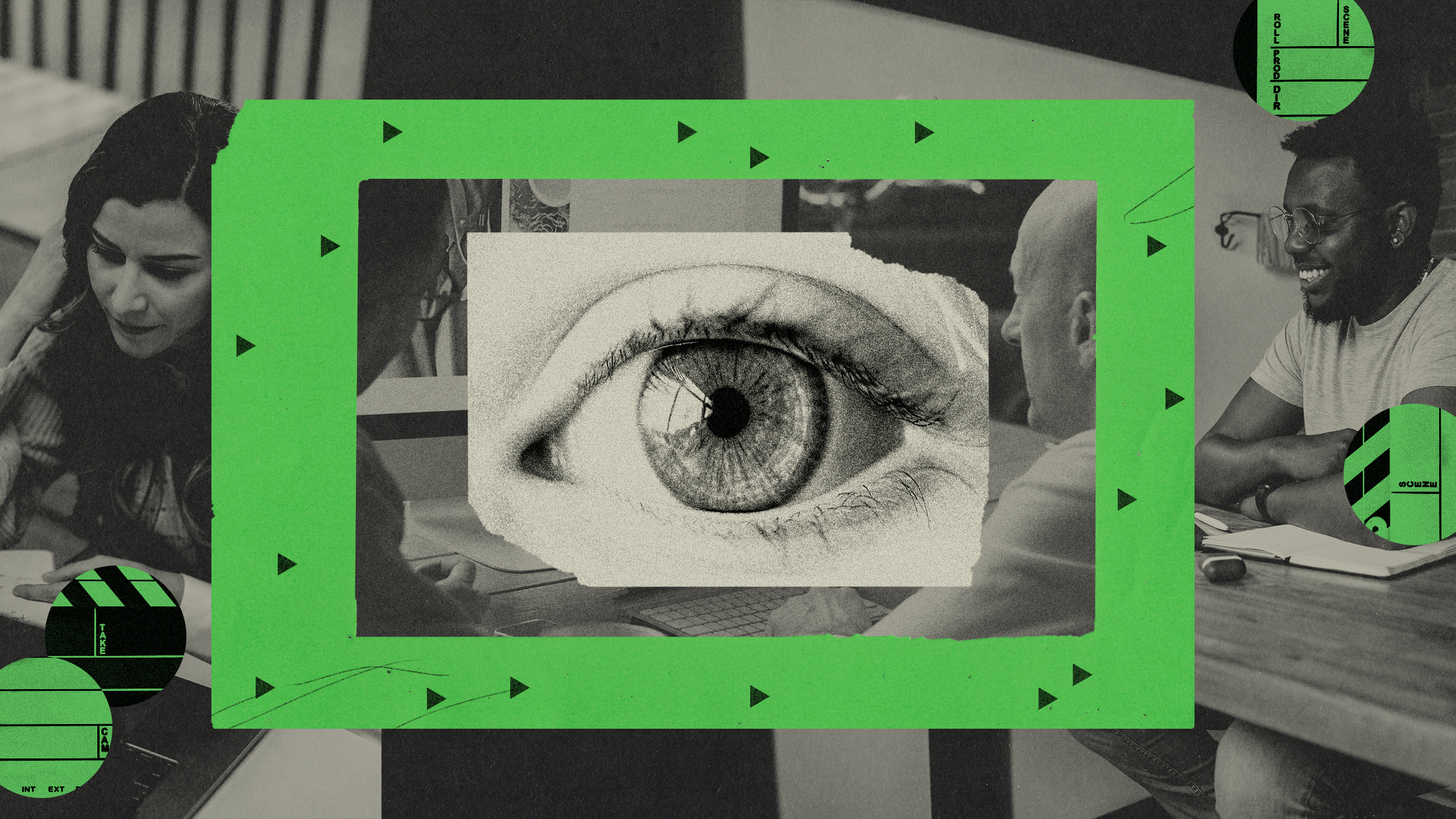In this lesson excerpt from Big Think+, video game designer Jane McGonigal walks you through the ways in which gaming can lead to positive outcomes in the workplace. By the end of it, you may just want to integrate gaming into your break space design or your next corporate retreat!
Research shows that gaming can have positive social, emotional and psychological benefits.
Jane McGonigal: There’s been some fascinating research to suggest that when we play games and we tap into positive emotions like curiosity and optimism and creativity, and even love, that these emotions actually stay with us for up to 24 hours after we finish playing the game. So studies have shown that we’re more likely to cooperate with someone in our real lives after we’ve played a social game with them where we’re doing some kind of cooperative mission. Or we’re more likely to set an ambitious goal for ourselves after we’ve succeeded in a game. We’ll speak up more for ourselves. We’ll even flirt with more attractive strangers. So there’s this kind of transfer of our confidence, of our creativity, of our ambition to our real lives.






